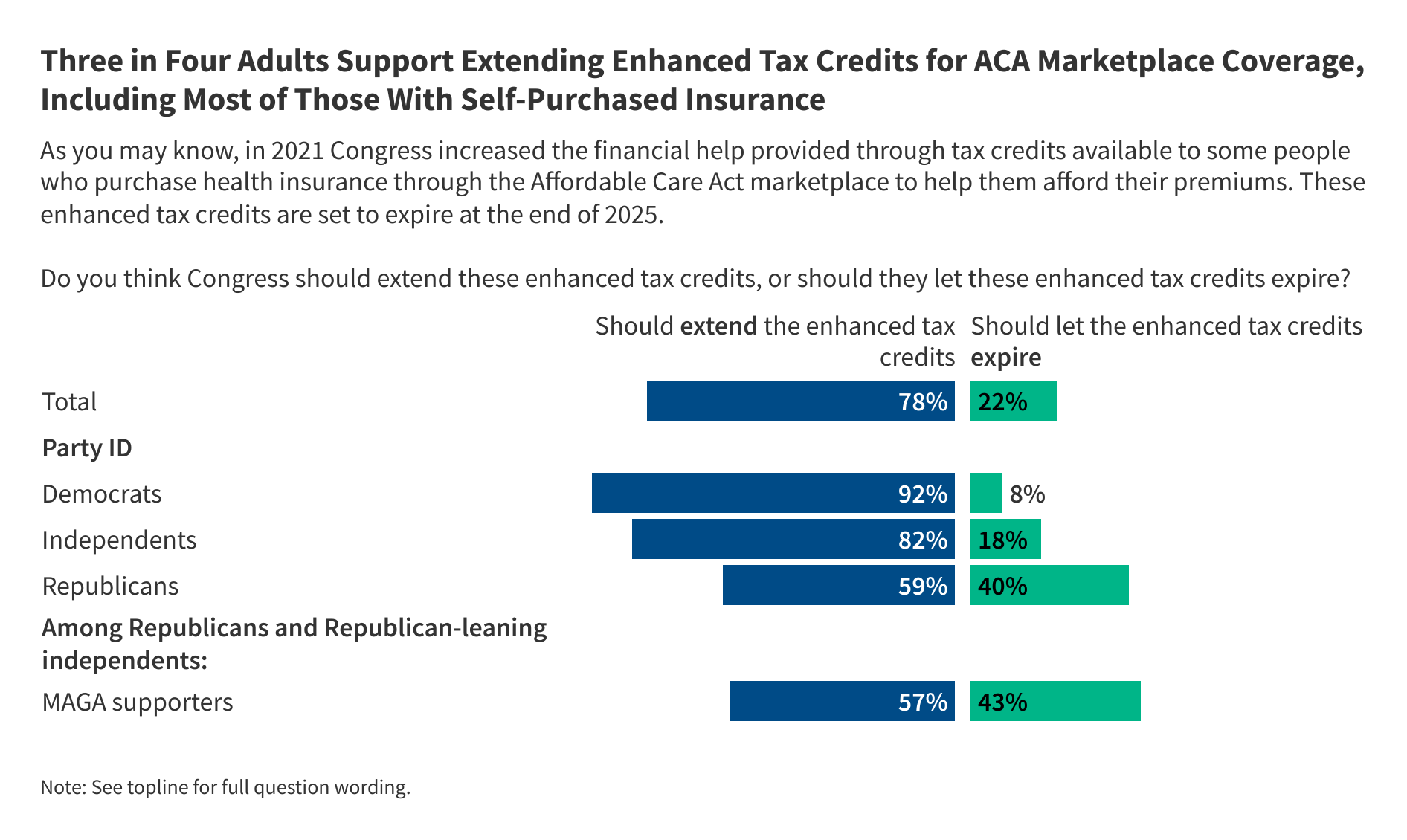

The way I’ve heard these minimum tax agreements described usually is where all the signatories agree to collect the same minimum corporate tax rate. The article says 15%. The US already has a 21% corp tax rate, setting aside tax incentives.
So what does it mean in this case to say that US corps are exempt? Does this mean that a US corp homed in the Caymans will pay a different rate than a French company in the Caymans? Or that the US is refusing to collect a minimum 15% after tax incentives?
I’m sure it’s spelled out in the text of the treaty, but maybe someone here has already done the digging.









Qatar has much better relations with Iran than most Arab states. https://en.wikipedia.org/wiki/Iran–Qatar_relations